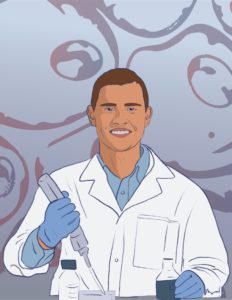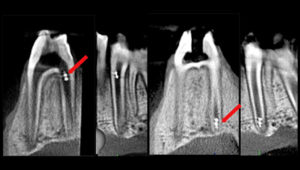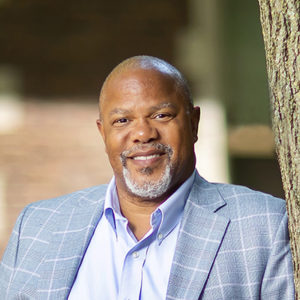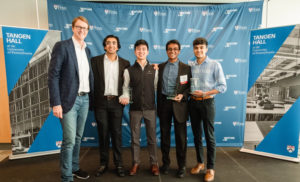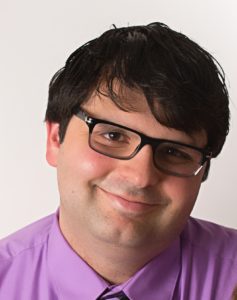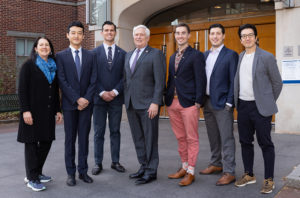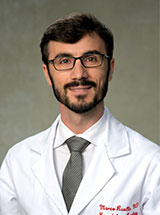by Melissa Pappas
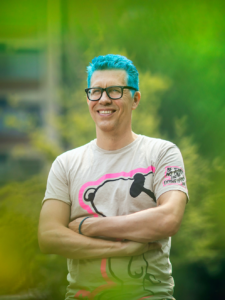
In 2005, John Ioannidis published a bombshell paper titled “Why Most Published Research Findings Are False.” In it, Ioannidis argued that a lack of scientific rigor in biomedical research — such as poor study design, small sample sizes and improper assessment of the significance of data— meant that a large percentage of experiments would not return the same results if they were conducted again.
Since then, researchers’ awareness of this “replication crisis” has grown, especially in fields that directly impact the health and wellbeing of people, where lapses in rigor can have life-or-death consequences. Despite this attention and motivation, however, little progress has been made in addressing the roots of the problem. Formal training in rigorous research practices remains rare; while mentors advise their students on how to properly construct and conduct experiments to produce the most reliable evidence, few educational resources exist to support them.
To address this discrepancy, the National Institute of Neurological Disorders and Stroke (NINDS), part of the National Institutes of Health (NIH), has launched the Initiative to Improve Education in the Principles of Rigorous Research.
Konrad Kording, a Penn Integrates Knowledge Professor with appointments in the Departments of Bioengineering and Computer and Information Science in Penn Engineering and the Department of Neuroscience in Penn’s Perelman School of Medicine, has been awarded one of the initiative’s first five grants.
“The replication crisis is real,” says Kording. “I’ve tried to replicate the research of others and failed. I’ve reanalyzed my own data and found major mistakes that needed to be corrected. I was never properly taught how to do rigorous science, and I want to improve that for the next generation.”
Read the full story in Penn Engineering Today.

